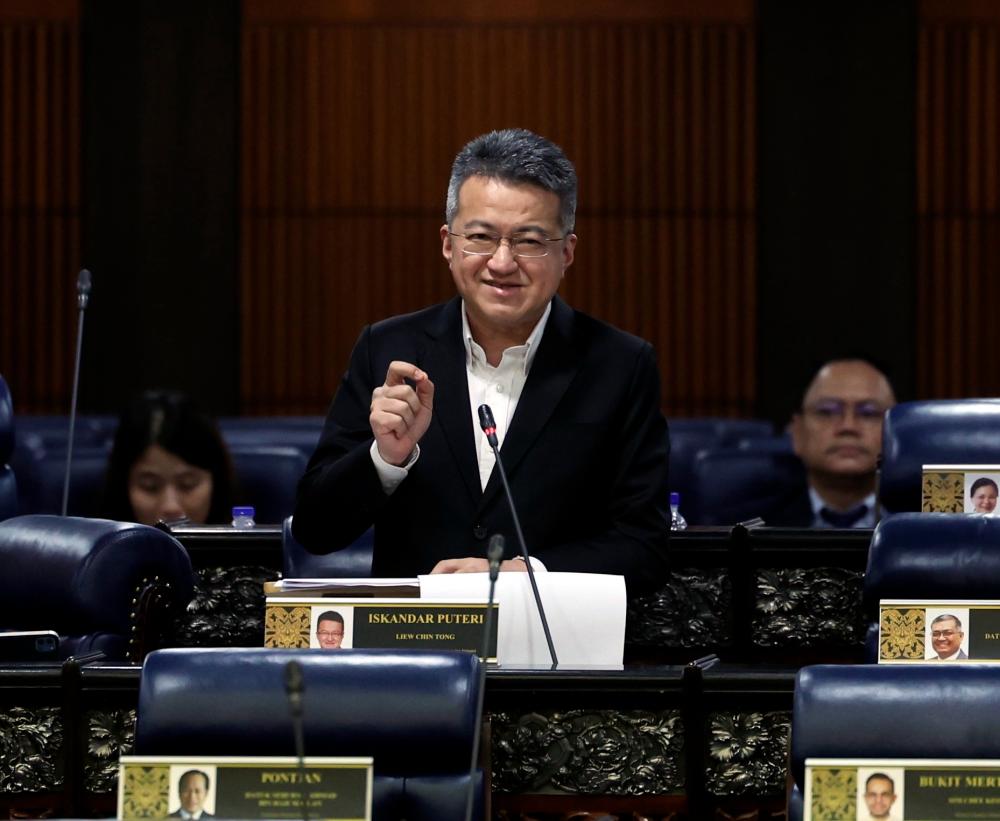KUALA LUMPUR: A total of 898 foreign investment projects valued at RM281.5 billion have been approved in the manufacturing and services sectors from 2022 to 2023, said Deputy Minister of Investment, Trade and Industry Liew Chin Tong (pix).
He said the approved foreign investment projects were expected to create 98,725 new job opportunities, of which 86,880 or 88 per cent would be for locals.
“For the manufacturing sector, 78,033 new jobs are expected to be created for locals.
“Five main subsectors with the highest new job opportunities for locals are the electrical and electronics (40,618 job opportunities), non-metallic mineral products (6,746), machinery and equipment (5,555), scientific and measuring equipment (3,791), and chemicals and chemical products (3,684),” he said during the question-and-answer session in the Dewan Rakyat today.
As for the services sector, Liew said 8,847 new job opportunities were expected to be created for locals, with the three main subsectors being support services (5,124), health-related services (1,407) and information and communication (1,022).
“Generally, investment projects take 18-24 months to be realised depending on the project scale and current economic situation.
“Based on Malaysian Investment Development Authority statistics and experience, usually 85 per cent of foreign investment projects would be realised in that timeframe,” he said.
He was responding to Datuk Larry Soon’s (PBM-Julau) query on the number of jobs that locals can benefit from by sector and industry as a result of foreign direct investment (FDI) inflow into the country for 2024.
Liew said that Malaysia currently possesses advantages such as good logistics, the skills and ecosystem, and a strong supply chain.
“This has given Malaysia an opportunity to capitalise on the tense geopolitical situation between the United States and China, and we could observe the effect last year and the year before when record-high foreign investments flowed into our country.
“We have the skills and the skilled workers. But many Malaysians are working in Singapore as gig workers. So the issue we have to resolve for creating more jobs or developing more skilled workers is to raise the salary levels in the manufacturing sector,” he added.
Liew said the global semiconductor industry needs new talent as it is experiencing a rapid shift or transformation.
“We need more people with expertise in semiconductors and artificial intelligence chips,” he added. -Bernama










